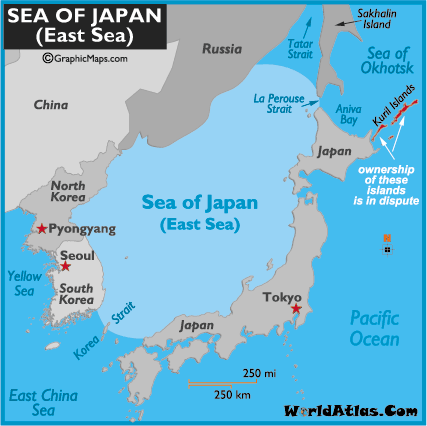The only time two times an airhead was maintained soley by air resupply ended with mixed results. Crete for the germans was a disaster, and only the lack of british reinforcements prevented the airborne forces defeat. The lack of german seaborne reinforcement (it was sunk) almost ruined the sucessful invasion of the island, and it decimated the german paratrooop forces.
The other was the Arnhem landing of Market Garden, and there the airhead was defeated, even with airborne resupply, due to the inability of follow up ground forces to link up with the airborne troops in a short enough time period.
i agree that control of China was the overall goal of the Japanese war strategy, but I think they would have pulled back to preserve thier home islands in the worst case scenario.
In the case of Crete, the Germans didn't enjoy complete air superiority. Also keep in mind, the entire Greek Campaign was thrown together at the last minute, as Hitler had to bail out Mussolini. It was not like the Germans had been planning this for months.
Germany also largely lacked heavy material lift capability. They didn't have big transports in large numbers.
Also, consider the scenario. Before we can launch Operation Olympic in the South of Japan, Russia launches an attack in the North. What do we do? Impede them? They are our allies. Or do we send a few thousand troop transports to Vladivostock and help them move troops?
The thing was, we didn't want the Soviets with a foothold in Japan, and we wanted to limit their foothold in China. (The Russians did in fact take all the captured Japanese weapons in Manchuria and eventually handed them over to Mao Zedong's forces. That ended badly for our allies.) An extended Pacific war would have been bad for us, and we knew it.
If you look at the end game as Us, Japan and the USSR all having their own agendas, the A-bomb becomes a lot less important.
Our goal was unconditional surrender.
Japan's goal was to secure a peace that allowed it to keep Korea, Taiwan, and Manchuria. They also wanted to keep the Emperor in place. Their hope was that the Russians could broker a peace, and America would be too engaged in Europe to fully commit all its forces to an invasion before public opinion tired of the war.
The Soviet Goal was to strengthen their position in the East, after renouncing the non-aggression pact with Japan.
When they invaded, they found Japanese Armies that were poorly supplied and not nearly as battle hardened as the divisions that had spent the last four years fighting the Nazis. They rolled up the Japanese Empire like a map.
I make note, again, that before the Soviet Entry, we made it a point that Hirohito was to be held as accountable as the other war criminals running Japan. Afterwards, we agreed to a peace that left him in place, and even allowed the defendents in the Tokyo trials to lie their asses off about his complicity.
Not something you do when you have the most awesome, fearsome weapon ever.
